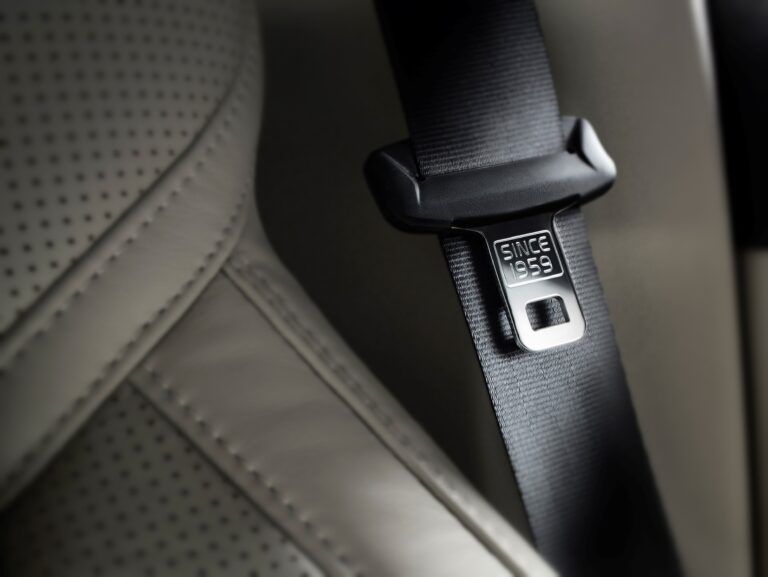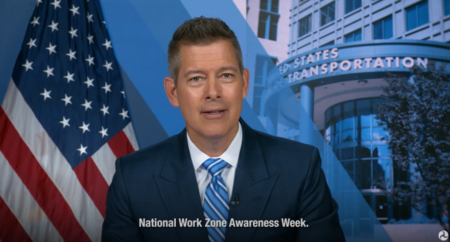Volvo is urging the United Nations (UN) to address the unacceptable inequality in road safety between developed and developing nations as delegates meet in Sweden.
As the third Global Ministerial Conference on Road Safety began in Stockholm last week, the Swedish OEM is calling for a tightening and stricter enforcement of safety belt laws for both front and rear seats, as well as improved road infrastructure to keep vulnerable road users separate from motorised traffic.
Only 105 of the world’s countries have safety-belt laws that cover both front- and rear-seat occupants, in line with best practice.

Attended by delegates from more than 80 UN member states, the conference is seeking to discuss the future direction for global road safety up to 2030 and beyond.
According to data from the World Health Organisation (WHO), road traffic deaths are three times higher in less developed countries, with 1.35 million people losing their lives in traffic accidents globally.
“Global data shows that there is a significant inequality in road safety,” said Malin Ekholm, Head of the Volvo Cars Safety Centre. “Those safety gaps need to be addressed through technology, but also by creating and enhancing a global safety culture. We need to understand and address the variation in seatbelt usage, while infrastructure should focus on improving the safety of vulnerable road users, pedestrians and cyclists.
“Creating a better understanding of the value and need for adequate basic protection is crucial, and we need the help of the UN and national lawmakers to address this through legislation and information. At Volvo Cars we look forward to being part of and contributing to this.”





